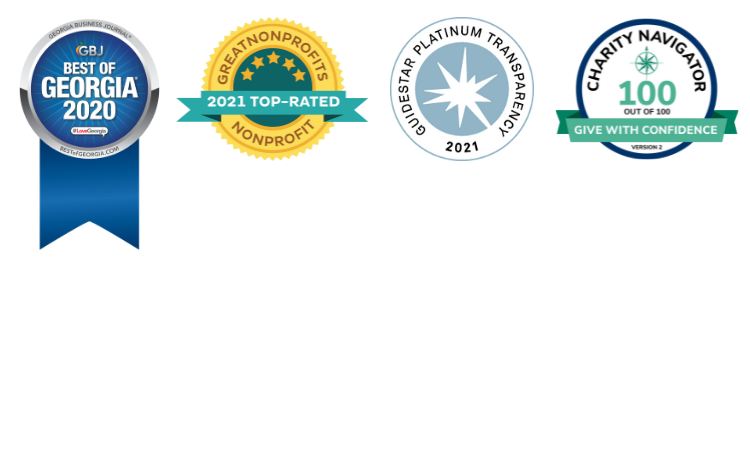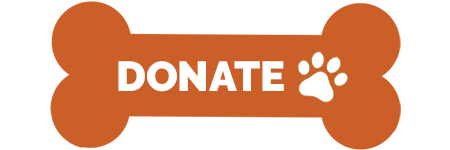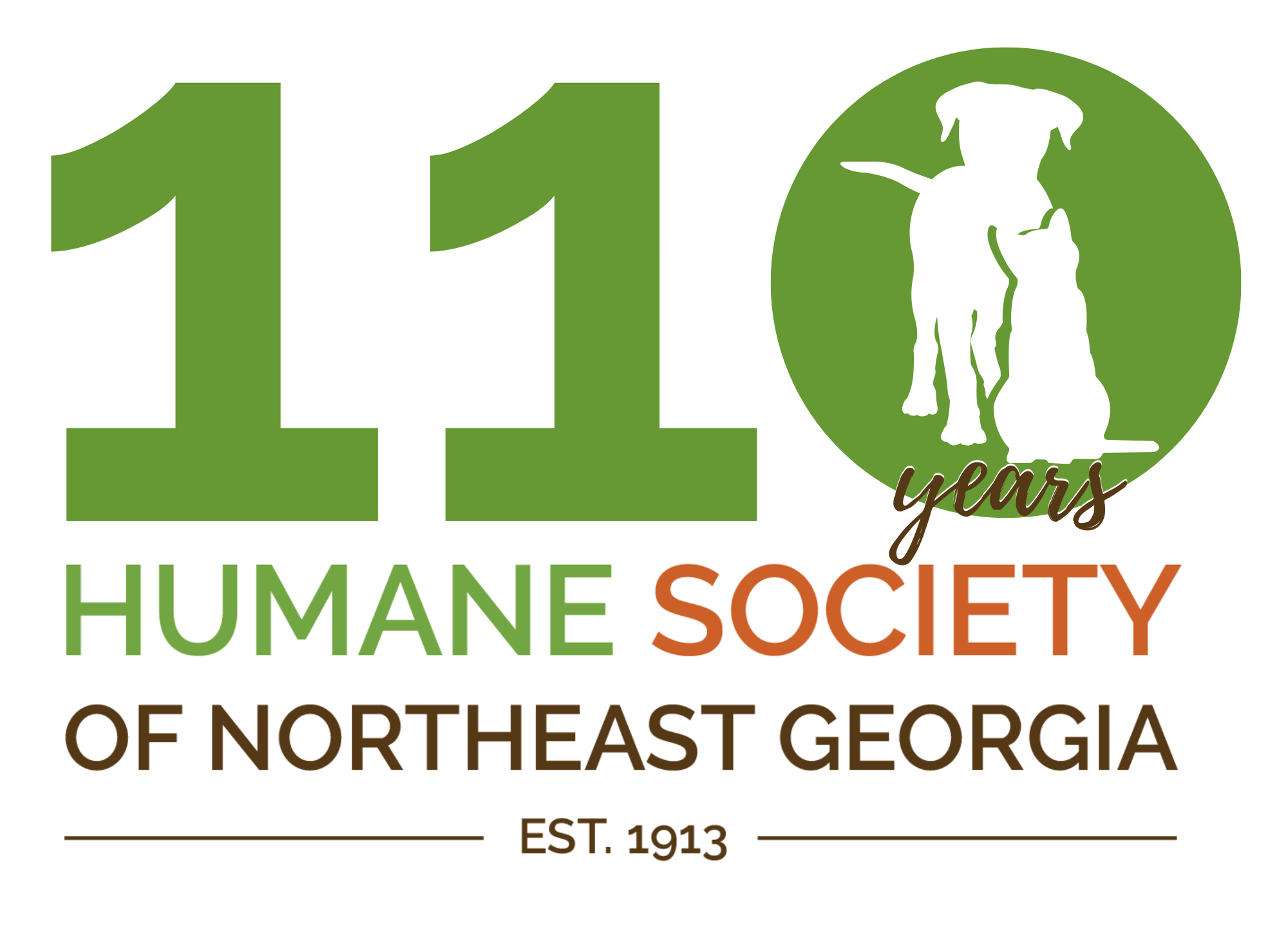How Spaying/Neutering Helps Prevent Cancer in Pets
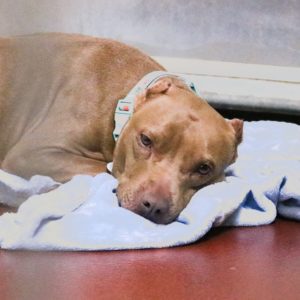
While it is often hard to talk or even think about, recognizing that cancer in pets is just as prevalent as it is in humans is critical in determining their care. One way to reduce your pet’s risk is by having them spayed or neutered.
Both our canine and feline companions are at risk of developing cancer within their lifetime. For felines, cancer “afflicts an estimated 30 percent to 40 percent of all cats” [Cornell Feline Health Center]. For dogs, one in four canines will develop cancer at some point in their life. That same study also found that almost 50% of dogs over the age of 10 will develop some form of cancer.
With such a high risk, the idea of preventing cancer can often feel daunting. Thankfully, a large number of studies have found that spaying and neutering your pets have been shown to play a key role in preventing cancer or lower the risk.
In unspayed female canines and felines, the most common type of tumor is in the mammary glands. These tumors are similar to Breast Cancer in humans and just as prevalent. The majority of mammary tumors are benign but why take the chance?
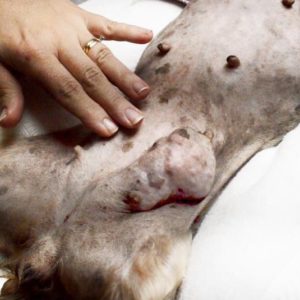
By spaying before a first, second or third heat cycle, the hormones that cause mammary gland tumors later in life are reduced which lowers their risk of developing tumors. For dogs, this means reducing the risk to below 1% if spayed before their first heat cycle. In cats who are spayed prior to 6 months of age, studies have shown up to a 91% reduction in risk.
For their male counterparts, the most common form of cancer is testicular cancer. Neutering eliminates the region in which this cancer grows, stopping it before it even starts. It can even be beneficial in helping with prostate infections and other forms of illness involving that gland.
The Humane Society of Northeast Georgia’s (HSNEGA) Healthy Pet Clinic offers low-cost spay/neuter services. To make an appointment or for more information visit HSNEGA.org/spayneuter-center. Please note, the HSNEGA Spay/Neuter Center receives a high volume of calls and emails. We kindly ask to allow 5 business days for the HSNEGA team to reply.
Resources
https://www.aaha.org/your-pet/pet-owner-education/ask-aaha/canine-cancer/
https://www.aspca.org/news/fact-or-fiction-spayneuter-myths-busted
Give with Confidence
At HSNEGA, we want to remember the amazing rescues that come to stay with us. All of the animals pictured on this site have been with us at some point. Some have already found their forever homes, but some may still be here at HSNEGA! The Humane Society of Northeast Georgia is a 501(c) (3) non-profit organization (Federal Tax ID #58-0678817) and has received top recognition from the following charity rating organizations:
